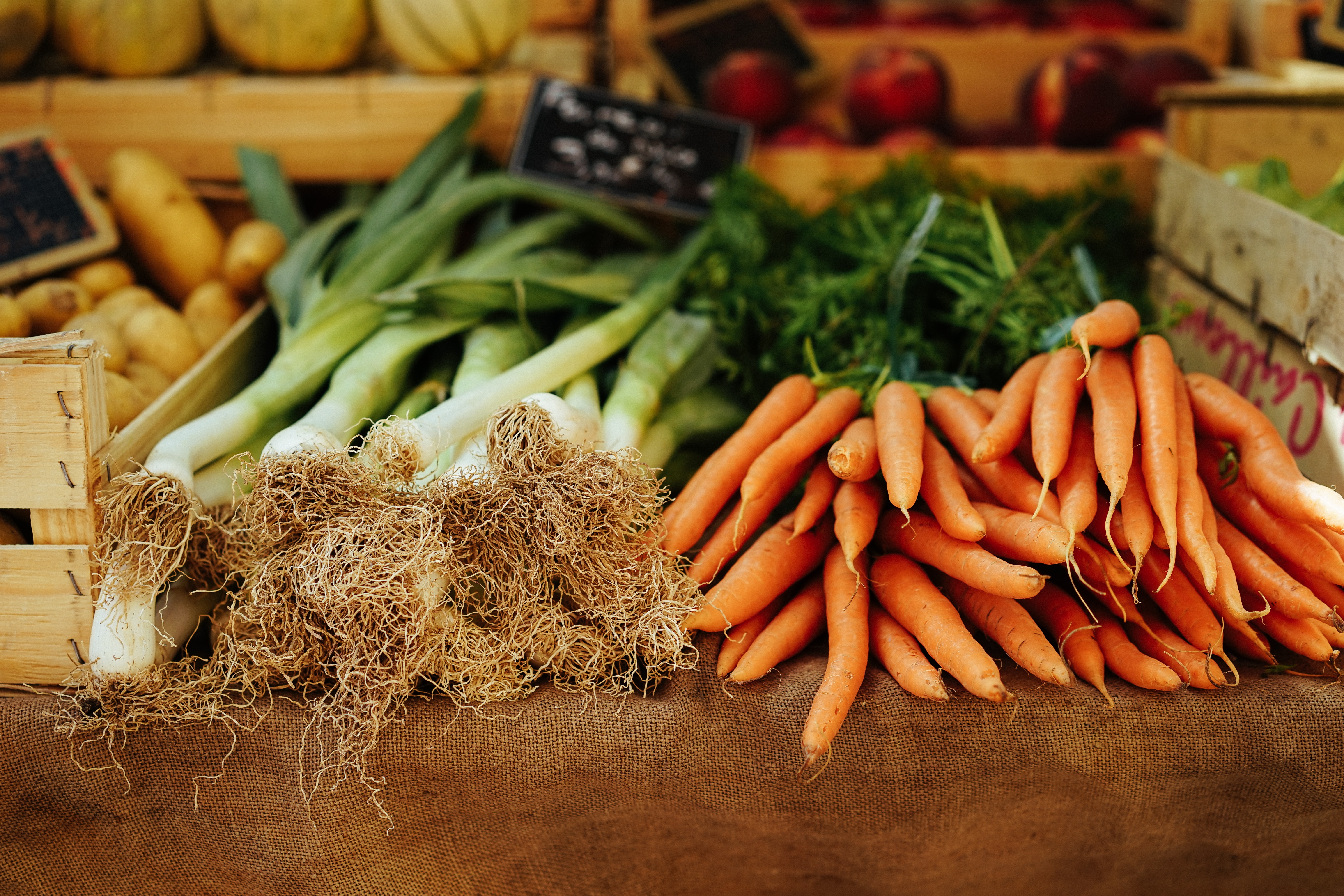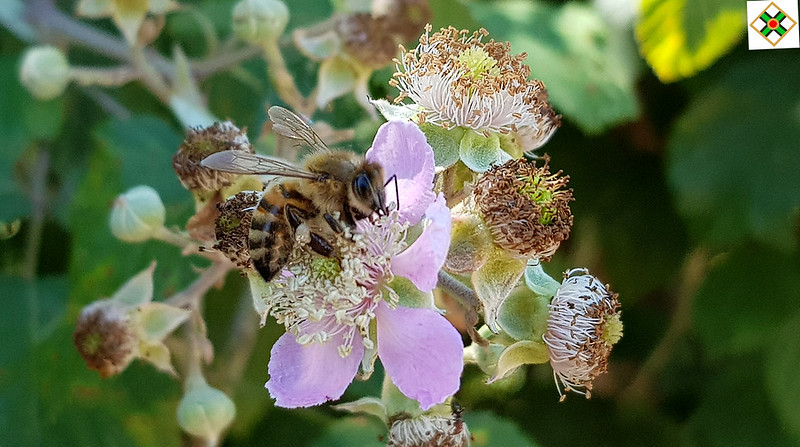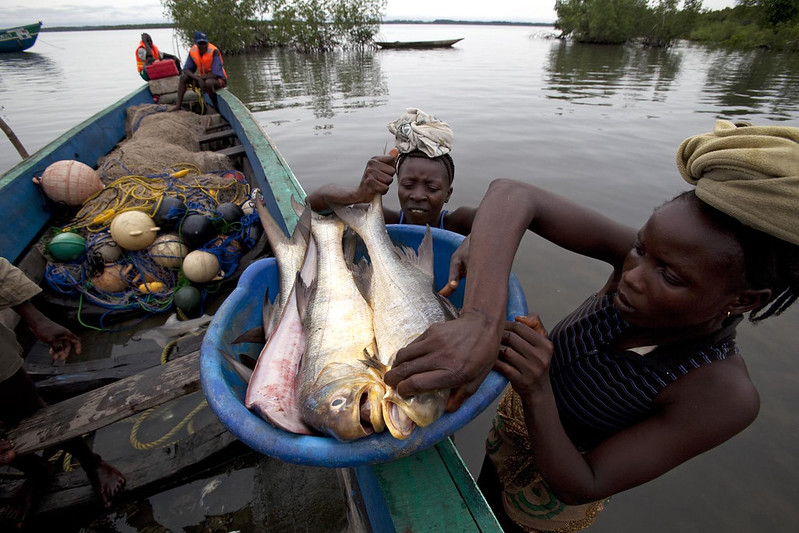SHARES

It’s World Food Day!
“If food is your nemesis, you need to cultivate it and learn to appreciate it” says Kathleen Daelemans, the author of Cooking Thin With Chef Kathleen.
In fact, food makes us who we are. It is part of our culture and connects us all. We depend on food not only for fuel but also for entertainment and comfort. Indeed, many movies, TV shows, podcasts and the media revolve around the topic of food. Also, it is in our daily conversation when we interact with others. So, coffee or tea?
Thoughts for World Food Day
October 16 is World Food Day where we celebrate “food for all” internationally. Historically, in 1945, this is the date when all United Nations members observed the founding of Food and Agriculture Organization of the United Nations (FAO). Humans are dependent on food for survival. It will always be a problem when there is too much or too little food. As long as we survive, the age-old problem with food persists. Therefore, it is important for us to know our food, where it comes from, how is it produced, and what changes it makes to our body and the surrounding environment.
Learning To Appreciate Food
1. Reduce Waste
On World Food Day, it is pertinent to know that globally, about one third of food produced are wasted rather than put to good use! For instance, forgotten food rot in our fridge, leftover in meals, over ordering in restaurants, expired produce in markets, damaged stocks during transport, wasted resources during food processing and farming, etc. Whatever food that we waste on our plates, is exactly what is needed for many to live to see another day.
Try to consume only what you need, buy realistic portions, store food nicely, donate excess food and feed lifestock or make composts.
2. Support Local Producers
Farm fresh produce have the most nutrients as compared to processed food. However, they do not have such long shelf life and thus, can not be brought to distant market. Make better food choices and get to know farmers in your neighbourhood.
Their work of art in preparing the soil, seeding, watering and cultivating with great care and patience deserve recognition. Matter of fact, it takes 50 litres of water to produce a single orange! Your plate is filled with the hard work of many industrious gentlemen, bees and the Mother Nature.
World Food Day is an appropriate time to pay tribute to those who toil the land to plant and for husbandry!
3. Balanced Diet
Too much or too little calories in our diet can affect our health. While children are dying of famine and malnutrition in some parts of the world, others are having problem with overweight and obesity. It is important for us to eat enough carbohydrate, protein, fat, fibre, vitamins and minerals. Take everything in moderation and limit our portion size. As an example, put side dishes in separate bowls to make the whole meal looks larger. Also, start with hot soup, it is unlikely that we can binge on it even with a hungry stomach.
4. Prepare Your Own food
Cultivating and preparing your own food is probably the best way to increase your awareness on food. So, kids would understand where fruits and vegetables come from as well as appreciate the knowledge, hard work and blessings needed for vegetables to grow. Also, by raising awareness, it makes it less likely for people to waste food.
Working with food, in a way, enables us to realize the beauty of food and appreciate it better. As such, we may start to love ugly vegetables instead of throwing them away, and choose more fresh produce over processed food.
In addition, the higher awareness would make us pay more attention to what we eat and how they affect our health. Do I need four tablespoon of butter or maybe just one would do the trick? Should I use so much oil or perhaps just a little of bit of good quality oil with lots of flavor?
5. Have A Conversation!
Respect for food can be passed on through word of mouth. Spread awareness to people around us and the younger generation. Talk about food choices, nutrition, food wastage, obesity, and the back story of food! When we understand the full picture, we would appreciate how precious food is. It can be as simple as “do you know how much water is needed to grow an orange?”
Conclusion
For many people, food is a given. We take things for granted when there are plenty and readily available. In fact, overconsumption is in itself unsustainable and bad for our health too! Mind your plate and appreciate what food really is.
References:
1. Lawrence S. Confronting your food issues [Internet]. WebMD LLC. 2003. (Available from: https://www.webmd.com/diet/obesity/features/confronting-your-food-issues#1; last accessed on 2020 Oct 8)
2. Food is much more than what is on our plate [Internet]. Food and Agriculture Organization of the United Nations. 2020. (Available from: http://www.fao.org/fao-stories/article/en/c/1157986/; last updated on 2020 Sept 17; last accessed on 2020 Oct 8)
Find a GP/Family Doctor, Nutritionist and Dietician in Malaysia, on GetDoc
Find a GP/Family Doctor, Nutritionist and Dietician in Singapore, on GetDoc
by Chang Xian
View all articles by Chang Xian.







